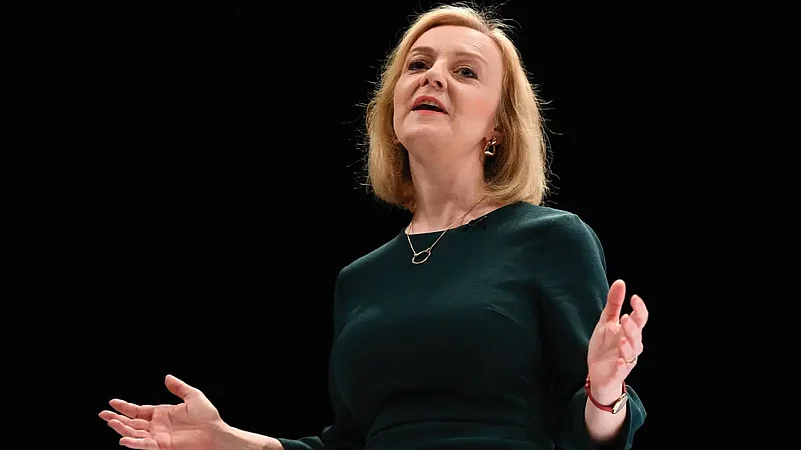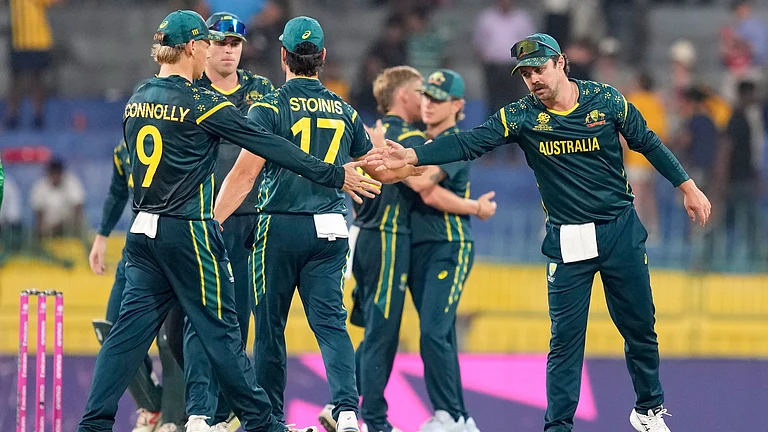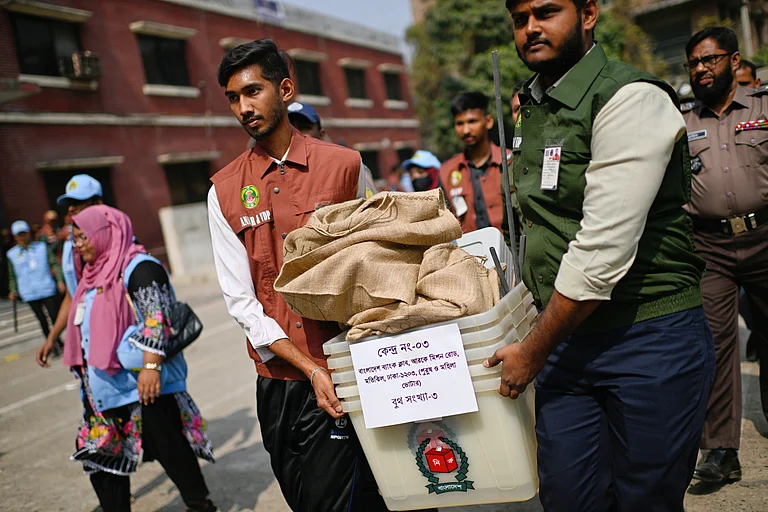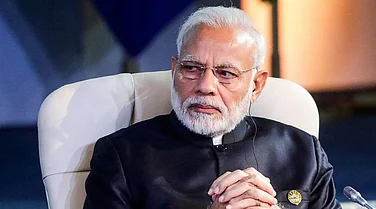The race to become the Prime Minister of the United Kingdom (UK) by winning the Conservative Party leadership concluding on Friday evening, with a report saying that Foreign Secretary Liz Truss is set to defeat her rival former Chancellor Rishi Sunak in their bid to replace Boris Johnson.
Both Truss and Sunak have presented their vision to the Conservative electorate in the recent weeks and have gone head-to-head in a dozen hustings up and down the UK. While Sunak has pegged his campaign on getting a grip on soaring inflation as an immediate priority, Truss has pledged tax cuts from day one in office.
Overall, it is how they plan to tackle the cost-of-living crisis faced by the British public that has dominated the debates even as Truss and Sunak addressed their final hustings in London on Wednesday night, where they reiterated many of their pledges.
"I have put restoring trust at the heart of the campaign," said Sunak in response to a question about integrity and ethics.
While Sunak was the clear frontrunner in the leadership contest in the first round of voting – when Conservative MPs voted to select the two finalists in the contest, he has been on the backfoot in the pre-poll surveys. AFP on Friday reported that "Truss appears poised to take over as the UK's next prime minister heading into the close of voting by Conservative party members on Friday".
It further reported that while Conservative MPs favoured Sunak over Truss, the rank and file of the party "the party's rank and file have rallied to Truss's right-wing platform, even if she is a former Liberal Democrat who opposed leaving the European Union in Britain's 2016 referendum".
Fierce loyalty to outgoing Prime Minister Boris Johnson is being cited as a key motivating factor in the choice of a majority for Truss, who was not among the ministers who resigned in the days before Johnson’s forced exit from 10 Downing Street. A staunchly low-tax favouring Conservative Party’s attraction to Truss’ tax-cutting promises is the other key factor behind her as the frontrunner to succeed Johnson.
However, Sunak’s supporters will be hoping for a repeat of the Brexit referendum result from June 2016 when Britain voted in favour of leaving the European Union (EU) and confounded most forecasts by pre-referendum surveys.
The 2019 general election, which brought Johnson to power with a thumping majority, was also against the forecasts of many poll pundits, who were predicting a less definitive result and anti-incumbency factor going against the Conservative Party.
The winner of the online and postal ballots being cast since voting opened in early August will be announced on Monday, with the new leader heading for Scotland for an audience with the Queen at her summer residence of Balmoral Castle. Either Sunak or Truss will then address their first Prime Minister’s Questions in the House of Commons on Wednesday.
The next prime minister would barely have a small honeymoon period as the country is dealing with a cost of living crisis and is also part of Western efforts to aid Ukraine against the Russia effort, both of which would be on the shoulders of the British leader from the moment they take office. Moreover, the next prime minister also faces the challenge of a resurgent Opposition Labour Party which was humiliated barely three years ago in general elections.
AFP reported that the Labour has benefited from Johnson's "zombie government" as the Conservatives have taken time in electing Johnson's successor and having a fully functional government because of infighting.
"The main Opposition party now boasts a double-digit lead over the Tories in opinion polls, as the economic landscape turns the bleakest it has been since Margaret Thatcher won power in 1979," reported AFP.
(With PTI inputs)


























